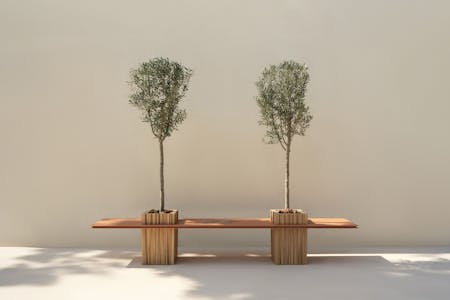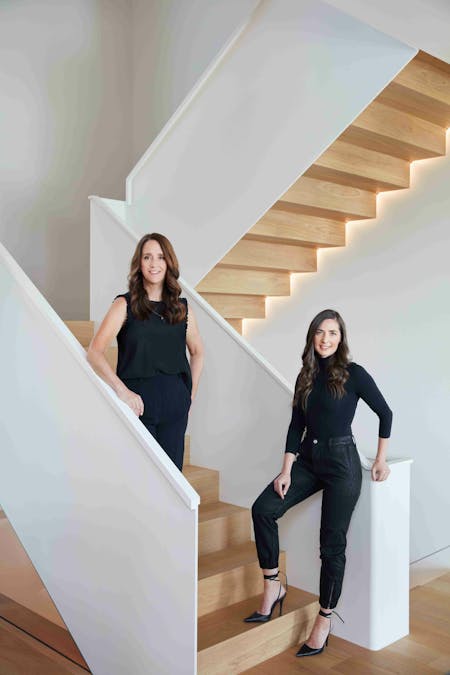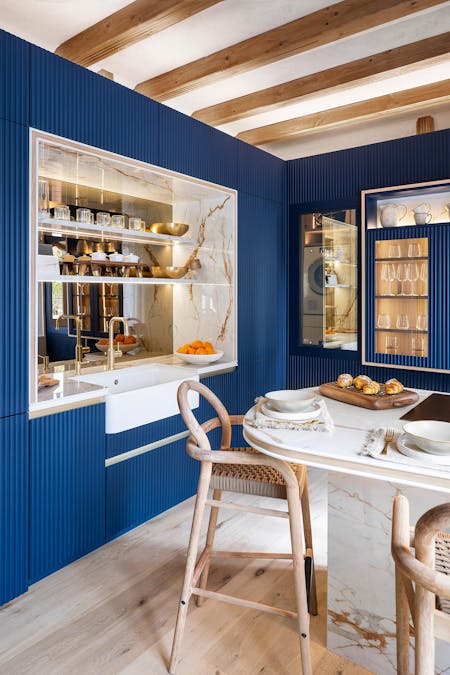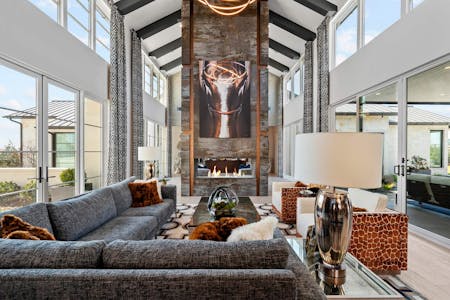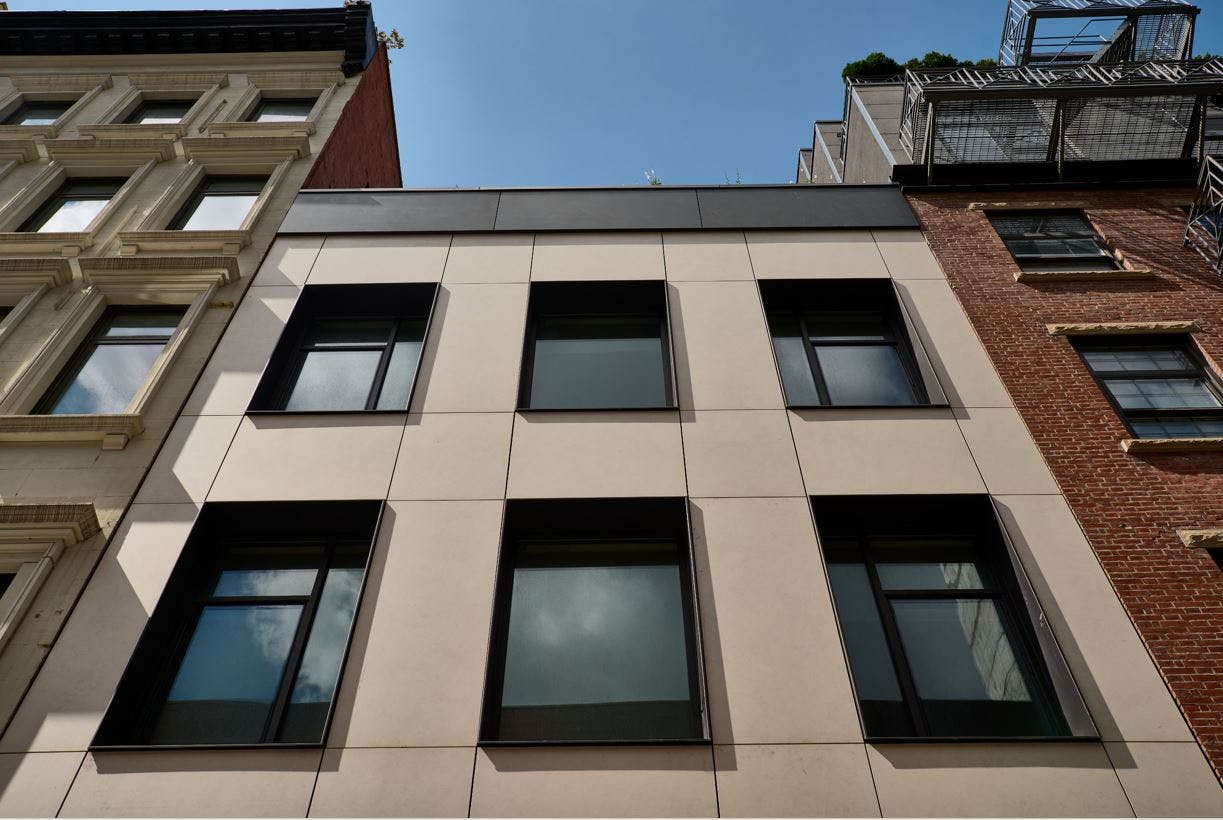
Dekton solves complex facade requirements in NYC
Home » Blog & Events » Dekton solves complex facade requirements in NYC
In this exclusive interview, Alex Shkreli, Principal PACS Architecture, shares how Dekton meets the needs of facades in busy cities such as New York City.
There’s no place like New York City, where unique and timeless architecture is around every corner.
We sat down with NYC-based architect Alex Shkreli, Principal, and Co-Founder at PACS Architecture, who gave us an inside look into what it’s like to design facades in one of the busiest cities in the world, one with complex zoning laws and energy codes.
A fan of Dekton’s technical properties and durability, Shkreli’s firm specified Dekton for the 79 Warren Street facade in TriBeCa, 24 Richardson Street in Brooklyn, and more.
Alex, tell us about your 20+ year journey as an architect in New York City.
“It all started with modern furniture - I was just so inspired by it! At first, I wanted to study interior design but realized all these amazing furniture designers I admired were actually architects. I finally decided to study architecture. I worked in different firms and in 2006 I started my own. Then, in 2011 I co-founded PACS Architecture with my partner Paul Capece. PACS focuses on residential projects in New York City, mainly Manhattan and Brooklyn, but also does some commercial work.”
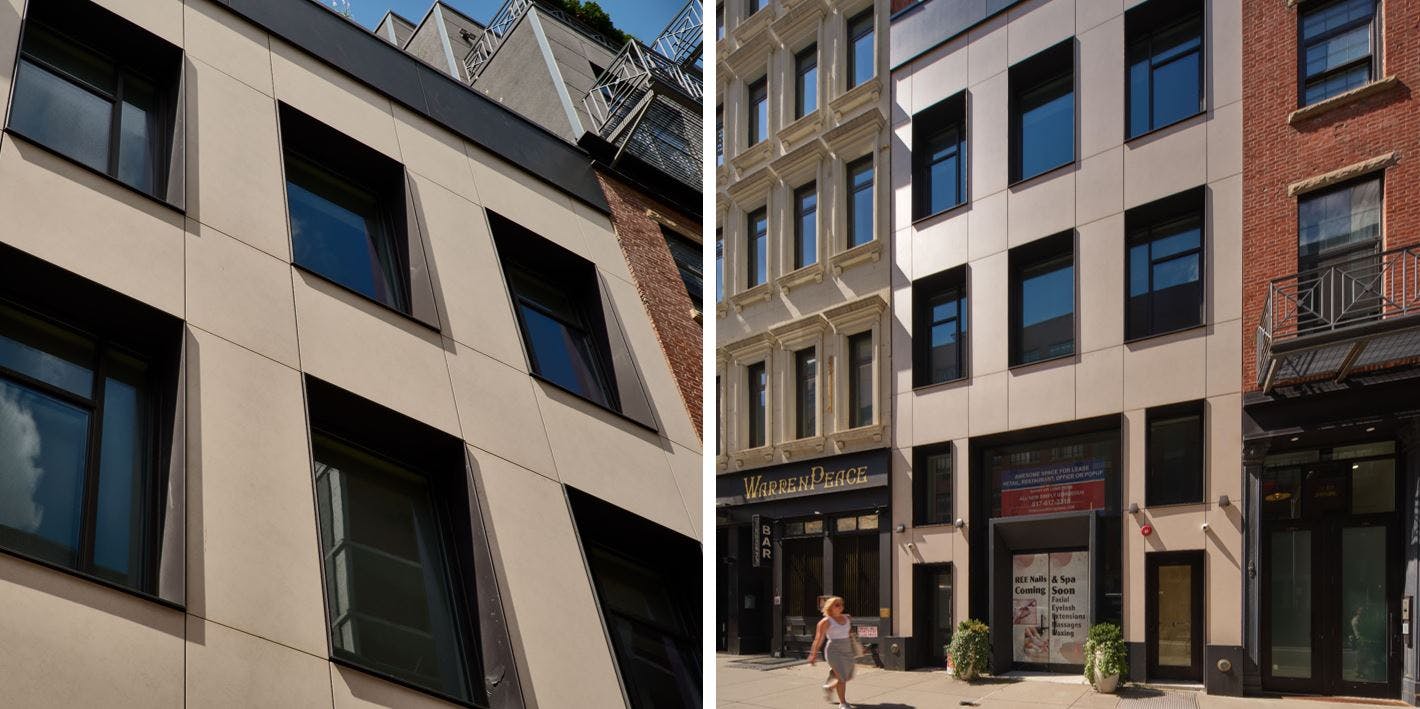
What is the biggest challenge when it comes to designing city facades?
“Facades in New York City present unique design and technical challenges. We face a lot of limitations with city zoning laws, especially when dealing with old buildings.
Technical requirements have to do with energy codes and ease of construction. A rainscreen facade system solves these energy code requirements while ensuring the surface is pleasing and aesthetic. Also, using this kind of system makes the facade durable and creates a harmonious design with materials such as Dekton.
As architects, we’re not always on site to direct and instruct the workers, but having a good system makes all the difference and gives us peace of mind that the facade will turn out great. In a nutshell, that’s the criteria we use when selecting facade systems.”
Speaking of rainscreen facades, what unique advantages do they have?
“Rainscreen ventilated facades provide superior performance, especially when used with a durable and resistant material such as Dekton. For instance, using this type of system you can easily replace sections that get damaged during or after construction. It also provides a ventilated airflow, which I prefer.”
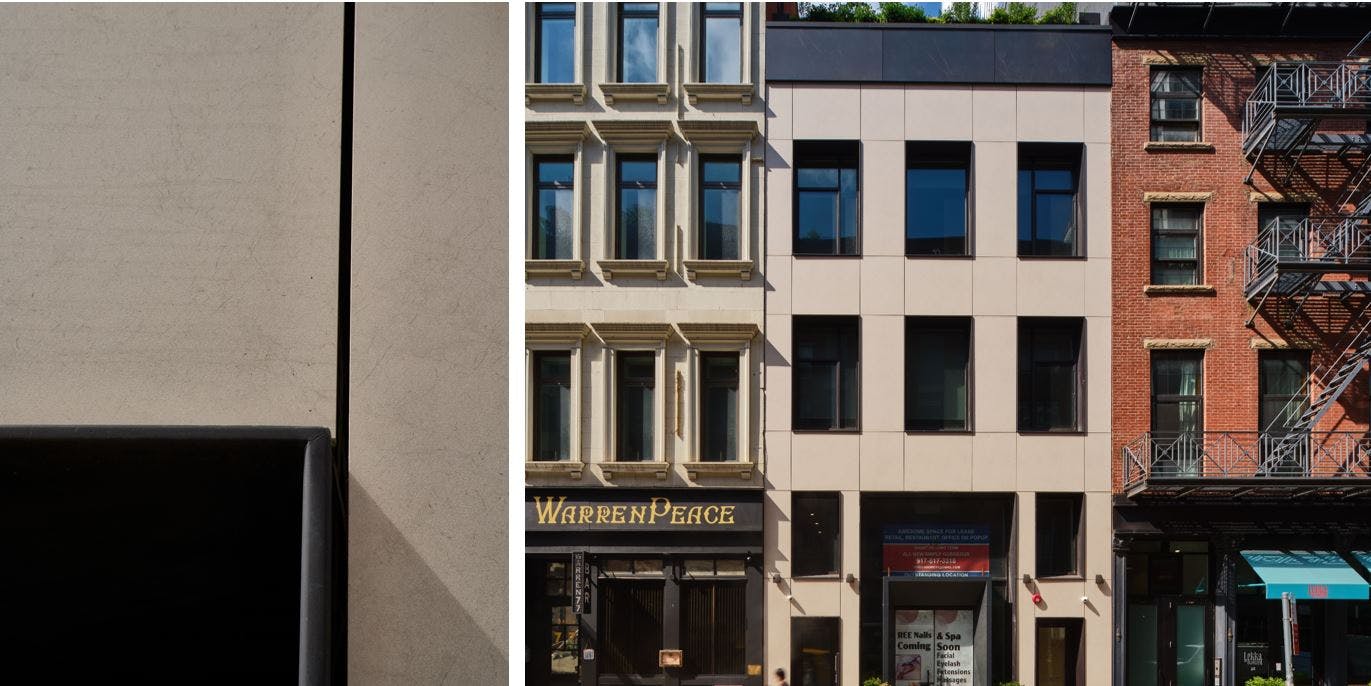
When selecting the facade material for 79 Warren St. why did you choose Dekton?
“The qualities and properties of the material attracted me to Dekton. We had used it for countertops in the past but realized it could also be used as a curtain wall. It is durable when it comes to graffiti, fading, and weather - all key in NYC.
Aluminum panels, for instance, do not age well and collect dust easily, which can make it look dirty. A hard surface like Deton ages better and does not present all the issues aluminum panels do.
The first rainscreen system we did was for a large building and we used a system that is custom-made and requires a minimum quantity. This presents a huge problem if a piece gets broken or damaged. Dekton solves this issue because it has no minimum requirement, meaning you can create a facade of any size and use as much or as little material as you please.”


 Back
Back